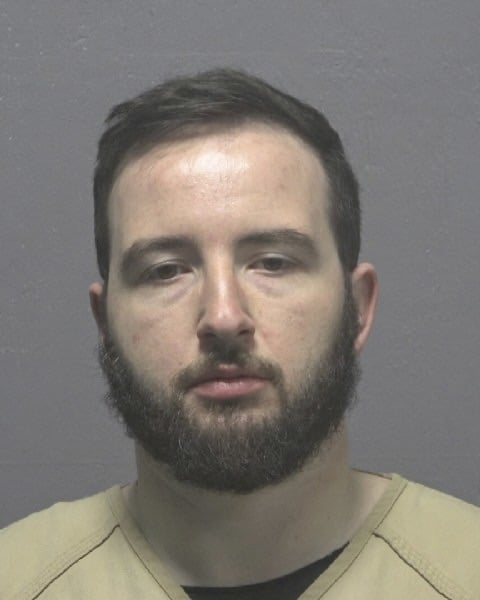300+ properties test positive for high levels of PFAS in Pender County as well sampling continues
ROCKY POINT, NC (WWAY) — The NC Department of Environmental Quality paid a visit to the Cape Fear Area on Tuesday evening to share an update on the private well testing for PFAS contamination.
According to a presentation from the NCDEQ, out of 995 properties in the Lower Cape Fear Region qualifying for alternative water sources, 316 of them are in Pender County. This means the wells have tested for high enough PFAS levels that residents can get bottled water or an in-home reverse osmosis system paid for by Chemours.
Michael Scott, director of the Division of Waste Management in the DEQ, led the presentation.
“There are almost 1,000 private wells in the Lower Cape Fear. That’s New Hanover, Columbus, Brunswick, and Pender Counties, that have these PFAS detected. Predominantly, it’s in New Hanover County and where we are tonight — Pender County,” Scott said.
Dozens of people came out to the Heide Trask High School in Rocky Point to learn more about the well sampling and to speak with state officials. Several people, including Rocky Point resident Christine Jarvis, shared concerns during public comment.
“I raised my kids on this water for almost 30 years. They’ve been dumping these PFAS and GenX and all these other contaminants for all these years without nobody having any idea about it. So what are the health issues? And nobody can tell me what to look out for,” Jarvis said.
In addition to being a mother, Jarvis is a farmer, who says she’s lost animals for seemingly unexplained reasons over the years.
“Every day I have to put water in their water buckets and I’m poisoning them. I have no way to filter that water,” Jarvis said. “Now they’re offering the RO systems for under the sinks in the house for us to drink water but they’re not interested in the animal’s intake.”
During the meeting, several people had questions about the impact of PFAS chemicals on their gardens, animals, and skin. A representative with the Department of Health and Human Services says the data on these impacts is very limited at this time.
As more is learned about the chemicals, Michael Scott says the DEQ and DHHS want to serve as resources for the community as this process continues.
“We are here to answer their questions, help them to get their well tested, and also to interpret their laboratory data once they receive it,” Scott said.
Chemours has sent out over 100,000 letters to people with private wells sharing information on how to get their wells tested. Even if people have not received a letter from Chemours about well sampling, they can apply here or call (910) 678-1100.
For additional information on private well sampling, including the results of the sampling that has already taken place, visit here.




